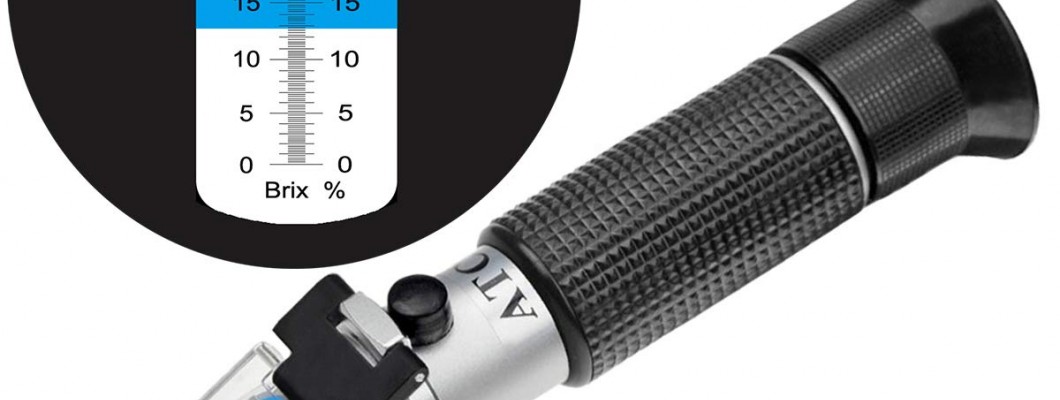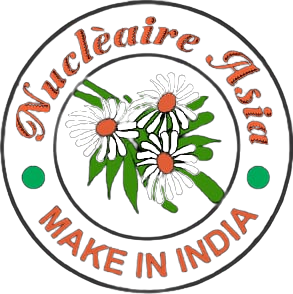
Within the intricate world of perfume manufacturing, precision and consistency are paramount. One indispensable tool that plays a crucial role in ensuring the quality of fragrances is the refractometer. This device, often overlooked, serves as an essential instrument in the hands of skilled perfumers and quality control experts.
Understanding Refractometers
A refractometer is a specialized optical instrument designed to measure the refractive index of a substance. In the context of the perfume industry, this substance is often the fragrance oil or essential oils used in the formulation of perfumes. The refractive index is a valuable parameter that helps determine the concentration and purity of these aromatic components.
Measuring Concentration and Quality
Perfume formulation is an art that requires precise measurements to achieve the desired olfactory profile. Refractometers aid in this process by providing an efficient means of measuring the concentration of essential oils. Perfumers use refractive index readings to ensure that the proportions of various components in a fragrance align with the intended formula, resulting in a consistent and high-quality end product.
Moreover, refractometers contribute to maintaining the integrity of the fragrance. Changes in the refractive index may indicate impurities or variations in the composition, allowing for quick detection of any deviations from the standard. This level of control is crucial in upholding the brand reputation for producing perfumes of uncompromising quality.
Quality Control in Production
Throughout the perfume manufacturing process, quality control is a continuous endeavor. Refractometers are employed not only in the initial formulation stage but also during the production of larger batches. By regularly monitoring the refractive index, manufacturers can identify and rectify any discrepancies, ensuring that each batch meets the predefined standards.
Adapting to Changing Formulations
Perfume formulations are dynamic and may change based on market trends, customer preferences, or the availability of raw materials. Refractometers provide flexibility in adapting to these changes by offering a quick and accurate method for assessing new ingredients. Perfumers can confidently experiment with novel components, knowing that the refractometer will assist in maintaining the desired concentration and quality.
Conclusion
In the ever-evolving landscape of perfume creation, the role of refractometers is indispensable. These instruments contribute to the artistry and precision required in crafting luxurious fragrances. Whether used by seasoned perfumers fine-tuning their signature scents or quality control experts ensuring batch consistency, refractometers are an integral part of the perfume industry's commitment to excellence.



Leave a Comment